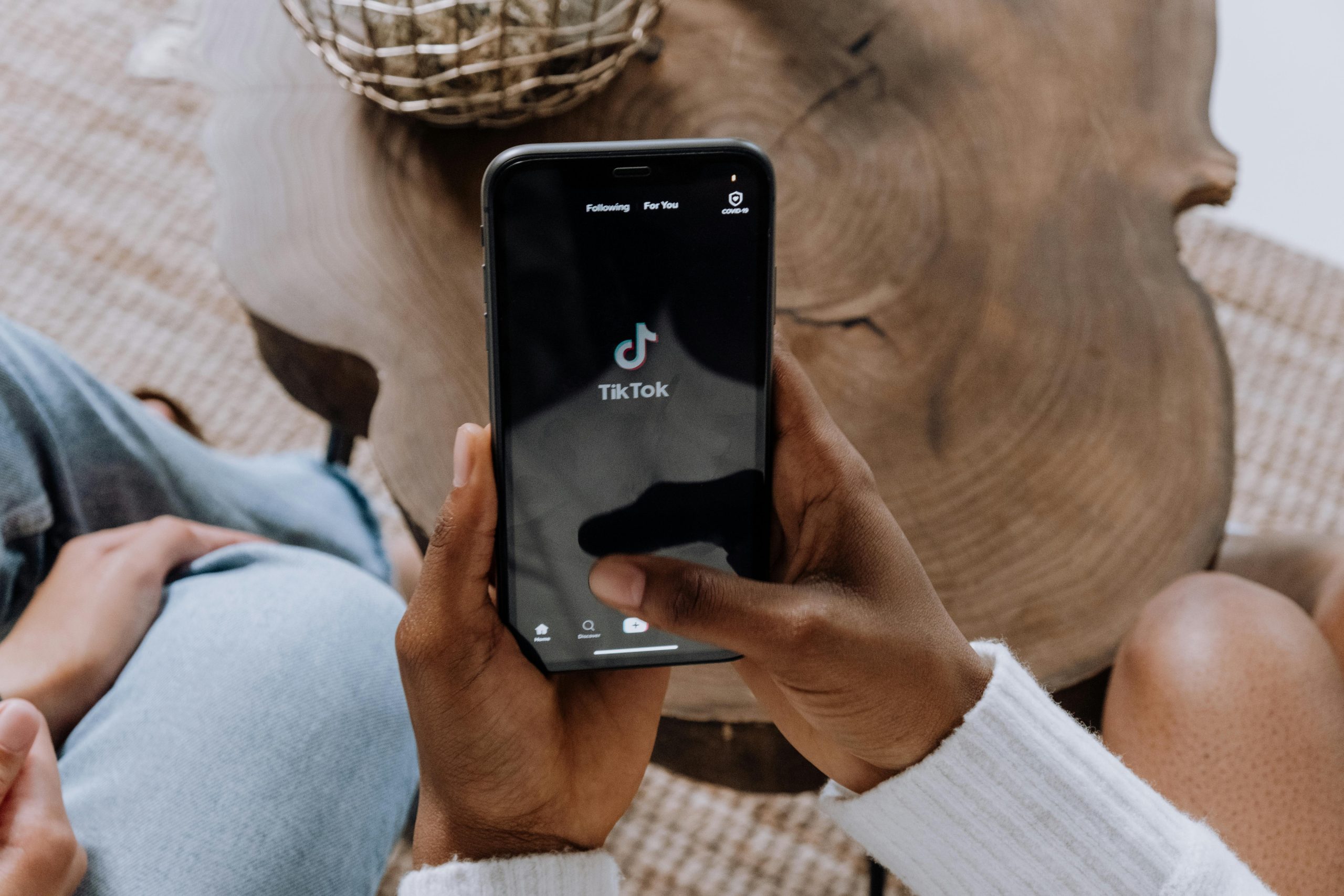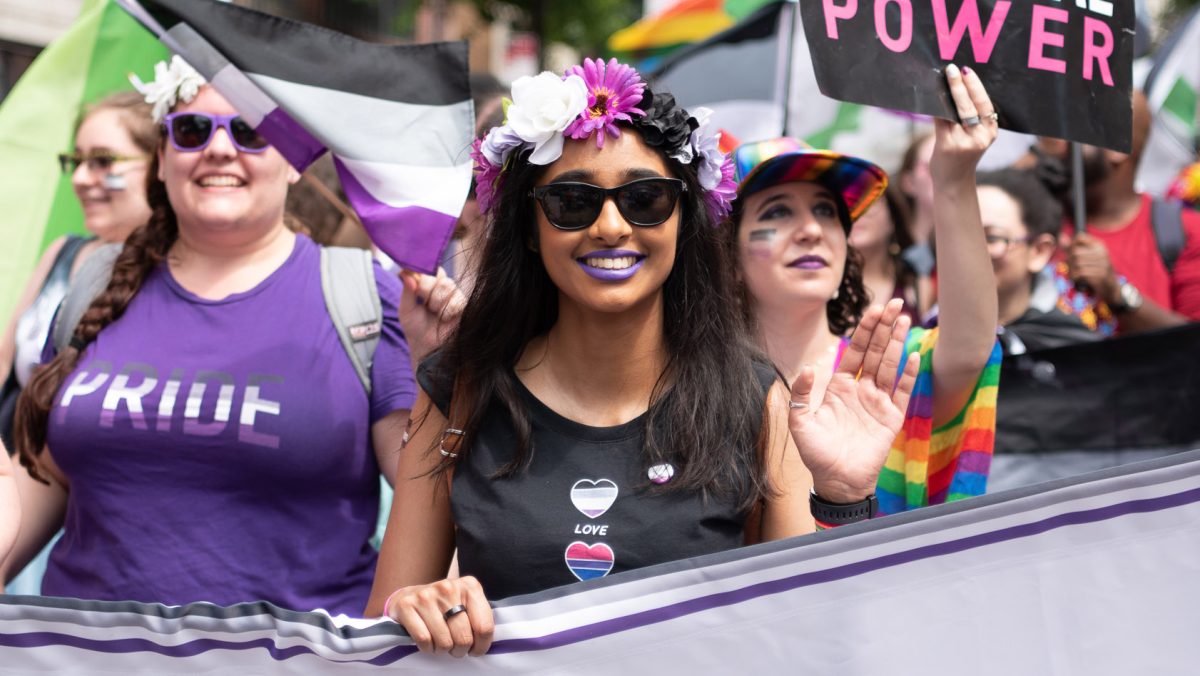TikTok has made a huge impact on the way people spend their time and understand the world around them. The removal of the app from the United States is certain to divide the social media community and affect users in many different ways. Most people may think getting rid of TikTok is a negative thing. TikTok is not only viewed for the pure entertainment of watching the unique and unseen world around us, but much of the platform is dedicated to citizen journalists and other influencers pushing, well, whatever they are pushing. It is estimated that TikTok will have an estimated number of 1.8 billion users by this year, so that is a lot of “pushing”. Perhaps the time is now to take a genuine look and see what benefits might come from banning or limiting the platform.
First off, TikTok has become the bane of American classrooms. Some days, it seems like no one is paying attention in classes, everyone is just on their phones instead. It’s not just the usual discipline suspects; it is essentially everyone. Students of all varieties seek the thrill of the short, intoxicating videos of both the mundane and the shocking. To be honest, it is difficult for classroom teachers to compete. Teacher-Author Tom Piotrowski says, “For today’s digital natives, listening to a half-hour lecture by a live teacher in a classroom might be the most alien thing they do all day. The competition with the din of digital entertainment is overwhelming.” In an article called “The Effects of TikTok Use on College Student Learning” the author Audrey Mekler wrote, “My results show that college students in emerging adulthood are more likely to lose track of time on TikTok the more they use the app throughout the day … This then could negatively impact how these college students can pay attention in class and complete their schoolwork” (Mekler, 2021). This quote demonstrates how many students in school, no matter the grade, are struggling to pay attention to their work as a result of TikTok. Adolescent attention spans are notoriously thin anyway, and the itch and urge to scroll secretly, or not so secretly, on TikTok is just too strong. The bottom line is that students are in school to learn; not to be locked into their phone screens, furiously swiping to the next video amusement. If this habit is allowed to continue, it will impact the educational potential of students who are not engaging in the process of learning.

Secondly, getting rid of TikTok would stop kids from viewing harmful content. Some of the videos posted on the app force you down rabbit holes of harmful content, dragging viewers’ mental health and worldview down with them. . In an article titled, “Global: TikTok’s ‘For You’ feed risks pushing children and young people towards harmful Mental Health Content” the author wrote, “Between 3 and 20 minutes into our manual research, more than half of the videos in the ‘For You’ feed was related to mental health struggles with multiple recommended videos in a single hour romanticizing, normalizing or encouraging suicide” (Global: TikTok’s ‘For You’ feed risks pushing children and young people towards harmful mental health content, 7 November 2023). TikTok introduces ideas into young people’s minds and might confirm feelings about mental health and self-harm. Even when they are not struggling with mental health issues, it can affect their moods, attitudes, and understanding of the world around them.
Finally, an attraction to TikTok is the availability to watch beautiful people. It also is a place where false representations of beauty abound. Often, subjects on TikTok use a wide variety of “filters” to alter how they look. The “perfect” face or body might just be a bit of digital magic masking a much more average human being. Viewers see the unrealistic ways others look, creating a negative view of their bodies, as well as setting unrealistic expectations on what people should look like. In an article called “How TikTok affects children’s mental health” Edward Herbert mentioned, “For some people, TikTok has been said to contribute to low confidence and self-esteem, especially when it comes to the way we look … young people are being exposed to videos featuring people with the ‘perfect’ body and the ‘perfect’ life” (Herbert, 5 April 2023). This example shows viewing videos brings down self-esteem and creates low confidence in looks. This can also lead to mental health issues and make children fall into deep depression. In the comments of videos on the “FYP,” there are a lot of “I wish I looked like you”, “You are perfect”, etc. Seeing those comments could cause eating disorders or unwanted thoughts about themselves and their appearance.
In conclusion, TikTok might be one of the most popular social media apps but that is also the problem. TikTok is not a favorable app, especially for young people.. Banning or making significant changes will help improve the mental health of many people. The school environment will improve dramatically. Cell phone prohibition in classrooms is a superb idea however, it is very difficult to enforce. If TikTok were to be completely banned another similar app would certainly come along to fill the void. Perhaps additional legislation for all of social media is needed. After all, in the last few decades, social media has attracted our interest, but little has been done to control how the industry is permitted to operate. Regardless, there is certainly evidence that TikTok videos idealize poor behavior, provide unrealistic expectations, encourage inaccurate worldviews, and occupy way too much time that could be spent on more productive behavior. So put some thought behind it. Is TikTok that valuable of an app?
Sources: “Global: TikTok's 'For You' feed risks pushing children and young people towards harmful mental health content.” Amnesty International, 7 November 2023, https://www.amnesty.org/en/latest/news/2023/11/tiktok-risks-pushing-children-towards-harmful-content/. Accessed 9 April 2024. “How TikTok affects children's mental health.” The Children's Society, 5 April 2023, https://www.childrenssociety.org.uk/what-we-do/blogs/how-tiktok-affects-childrens-mental-health. Accessed 9 April 2024. Mekler, Audrey. “The Effects of TikTok Use on College Student Learning.” Virtual Commons - Bridgewater State University, https://vc.bridgew.edu/cgi/viewcontent.cgi?article=1515&context=undergrad_rev. Accessed 9 April 2024.






